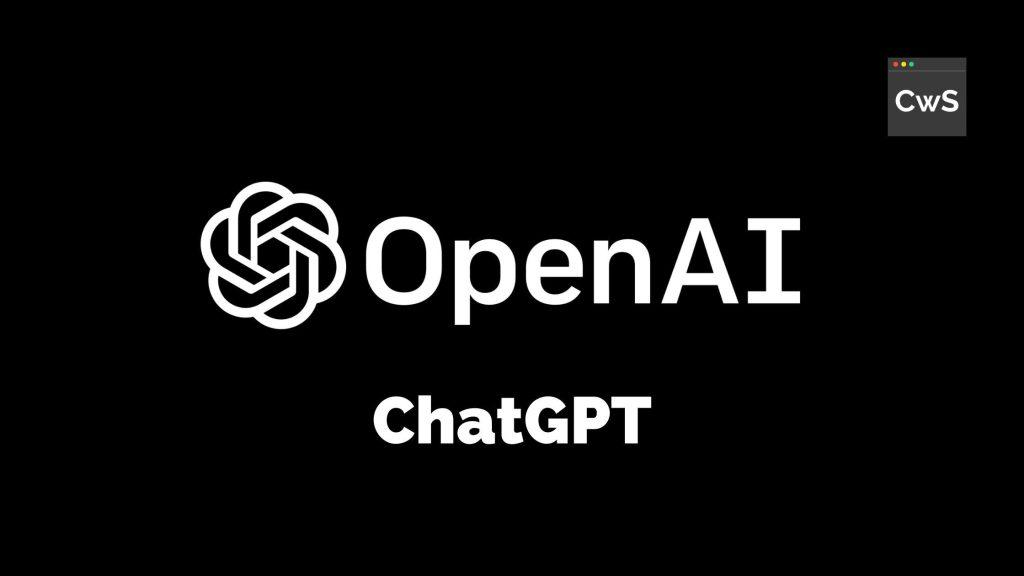A race is currently underway to develop artificial general intelligence (AGI), a futuristic concept envisioning machines that possess broad intelligence comparable to humans, or are capable of performing numerous tasks as proficiently as humans.
This pursuit of AGI represents the primary objective for OpenAI, the organization behind ChatGPT, as well as the top research divisions of tech giants such as Amazon, Google, Meta, and Microsoft.
However, the quest for AGI also raises concerns among governments worldwide. Leading AI researchers recently published a study in the journal Science, cautioning that unchecked AI agents equipped with “long-term planning” abilities could present an existential threat to humanity.
Yet, the precise definition of AGI and the criteria for determining its attainment remain subjects of ongoing debate and refinement. Once a niche concept in computer science, AGI has now become a prevalent term, continually evolving as researchers strive to bring it to fruition.
What exactly is AGI?
Distinct from the related term “generative AI,” which refers to AI systems powering tools capable of “generating” new documents, images, and sounds, artificial general intelligence represents a more abstract notion.














